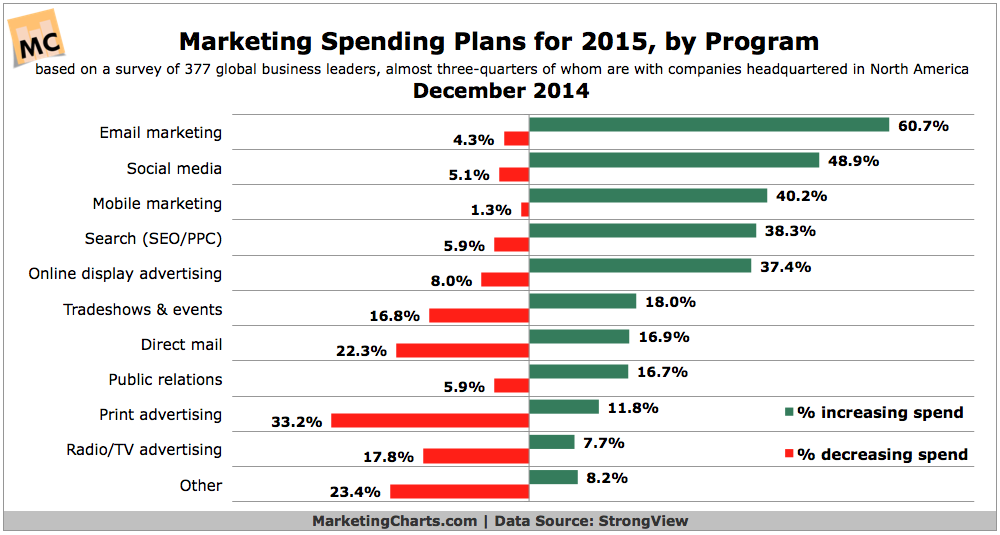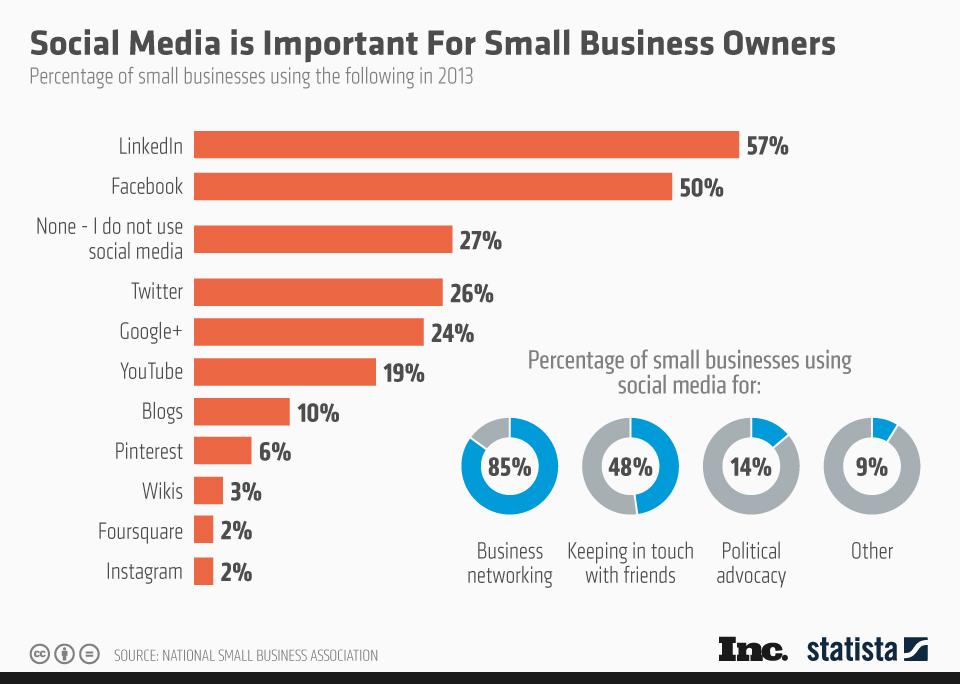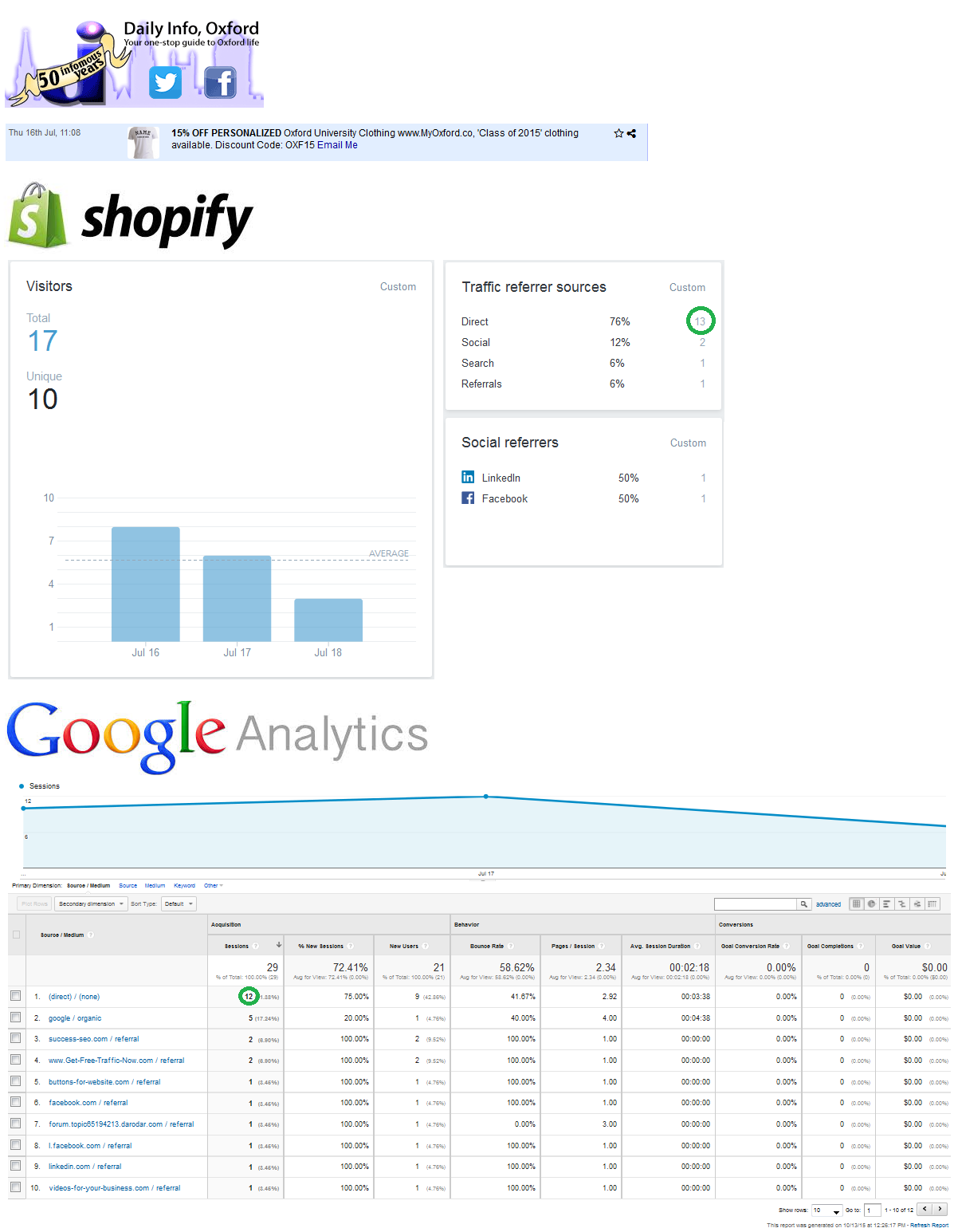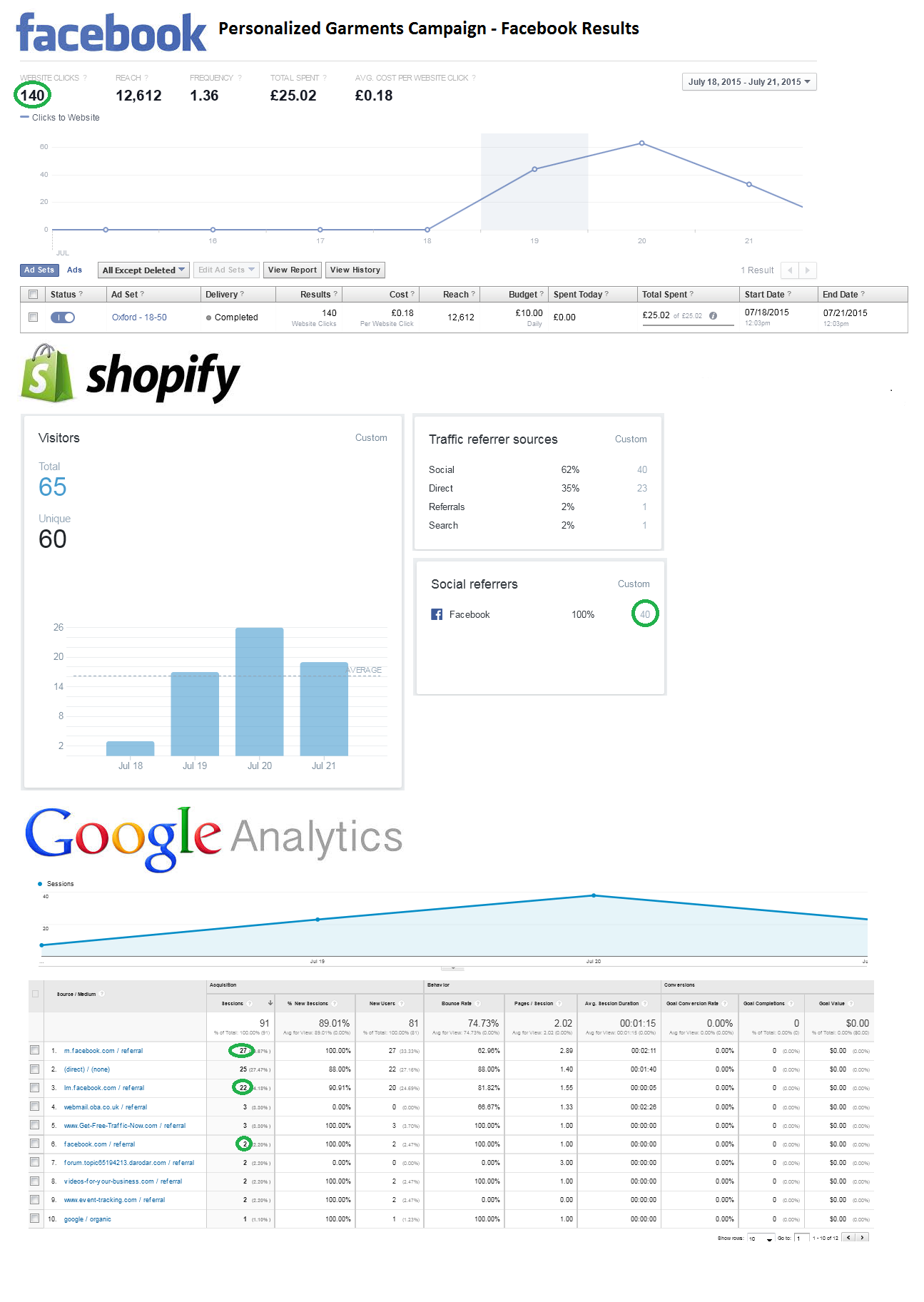When I speak to business owner one of the biggest causes of anxiety is Social Media Marketing – Should we be doing it? Are our competitors doing it? Are we missing the next big opportunity? Am I a complete marketing dummy for not knowing this?
When I speak to business owner one of the biggest causes of anxiety is Social Media Marketing – Should we be doing it? Are our competitors doing it? Are we missing the next big opportunity? Am I a complete marketing dummy for not knowing this?
Not many people speak out the last one out loud of-course, but we are all thinking it aren’t we!
Social Media Marketing is a wild card for most marketers – it seems incredibly hard to comprehend (unless you are a 12 – 16 year old, social media baffles the best of us) and the real results can be very hard to understand, that is unless you have spent an incredible amount of money and effort in setting up effective web analytics that can precisely tell you about the activities of your website visitors. Would it not be useful to develop a deeper understanding of how social media can help your business grow (if it can help at all…) and understand what channels may work best for you? This article is all about sharing the results of such a ‘Social Media Marketing Experiment’ to investigate what works for a venture and unearth some of the pitfalls of Social Media Marketing.
The Importance of Social Media Marketing:

Social Media Marketing is one of the fastest growing marketing spend categories for most companies. According to MarketingCharts.com data 49% companies surveyed expected increased spend (only seconded by Email Marketing) on Social Media.
Which Social Media Channels are most important for small businesses:
As per National Small Business Association, LinkedIn in the most important channel for small businesses.
This is not surprising as 85% use social networks for Business Networking. Facebook and twitter are also popular channels for engaging customers – particularly for events marketing. Facebook is seen as a dominant channel for pre and post event marketing and twitter seen as the dominant channel for live event coverage.
The Experiment
We wish to understand the superior channel for ad spend in terms of effort and money from a list of channels identified for the portal MyOxford.co.
The evaluation criteria would be:-
- Sales per GBP of ad spend
- Number of visitors on the website as a direct result of the activity
It is easy to measure Sales per GBP of ad spend as both these parameters are known directly to us post activity, in order to measure number of visitors on the website we have implemented google analytics on the website and as a double check we have Shopify analytics which is integrated into our website. These analytics packages will help us understand how many visitors come to our site, from which referal site and even what they do on our website.
Disclaimer: This experiment is in no way designed to discredit or cause malicious damage to the reputation of any ad partner. We acknowledge that as a limited experiment this may not show a conclusive result and that there may be technical parameters beyond our understanding at work (which we are and will continue to try and fully understand). This experiment is about putting a system in place to evaluate various ad channels. Any views expressed by the writer of the blog are ased on their individual experience and not necessarily endorsed by ECorporate Web Services Ltd.
MyOxford.co is an ecommerce portal selling ‘Officially Licensed Oxford University Merchandise and General Gift items’.
The following channels have been identified as holding potential for engaging with the target audience:
- Local websites popular with students (dailyinfo.co.uk)
- Facebook Paid Advertising
- Amazon Paid Advertising
Phase 1: Free ad on local website: www.dailyinfo.co.uk
A free advert was placed on the portal on 16th of July 2015 with no other promotion or event being organized for 3 days. Any footfall in this period can be attributed to the ad on dailyinfo.co.uk as the direct website visits prior to the promotion were negligible.
Results of phase 1:

There were a total of 12 direct hits recorded over the 3 day period, there was no sale of personalized clothing during this time. Also as this was a free ad there was no cost attached to the advert.
Phase 2: Paid advert on Facebook
A pay per click ad was placed on Facebook on 18th of July 2015 with no other promotion or event being organized for the duration of the advert.
Results of phase 2:
There is a wide discrepancy in the number of reported hits due to the advert – Facebook reported a total of 140 hits on the ad while Google Analytics and Shopify Analytics reported 51 and 40 hits respectively. Facebook was contacted to explain the discrepancy but we were not satisfied with the response and we believe that the google analytics number of 51 is more likely the correct number. There was a total sale of £22.98 during the promotion period with the cost of promotion being £25.02.
Phase 3: Paid advert on Amazon
Though not strictly Social Media, we felt comparing the results of an ad on Amazon would give a better understanding of the how the advertisement budget should be allocated. The business already has an Amazon store and advertises on Amazon, we have simply compiled the results to show the effectiveness of the ‘Personalized Garments’ only.
Results of phase3:
There have been a total of 7,406 impressions so far with 20 clicks at a total cost of £.63. There has been no sale as a result of this ad. Here it is important to note that the clicks here are on the Amazon product link only and not on the website www.MyOxford.co
Analysis of the results:
While the short study was disappointing from a sales point of view, there are some interesting insights which can be drawn from the data. The low sales from the ad spend warents a detailed study of the ‘overall value proposition’ offered by the product.
In the short study:
We believe that investing time in placing advert on the local student portals like dailyinfo.co.uk is beneficial as it helps spread the word at no incremental cost. We also believe the Amazon campaign is giving increased exposure to the product at a relatively low cost (7,406 impressions at a cost of £.63) and should be continued. The results delivered from Facebook are highly disputable and the overall cost of running the campaign is high (sale of £22.98 at a cost of £25.02). Based on the experiment we would not invest further in Facebook advertising for this particualr product category.
The pitfall of Social Media Marketing:
Social Media Marketing is seen as the essential component of any sophisticated marketing strategy. In other words if you are not thinking about social media marketing you are not only behind your peers, you may in the danger of being obsolete! Or so the Social Media companies would have us believe.
Social Media Marketing is a much hyped about tool and a lot of the false economies are promoted by the social media companies themselves. You may often hear about the few businesses that successfully implemented their Social Media strategy to tremendous success but what we do not hear about is the businesses that may have lost money on social media – how many such businesses will there be – hundreds, thousands or millions! We would recommend a measured approach to ad spend, do not take social media marketing as a must for any marketing startegy. We know about many businesses who have successfully achieved sales without any social media marketing and also about many which swear by its effectiveness.
It would be foolish to try and label if ‘Social Media Marketing’ as a whole works based on this or any other experiement. The effectiveness of any campaign depends on effective execution and appropriateness of the channel for the product in question. It is essesntial to develop an analytical thinking approach. For example what is the last product you remember advertised on Youtube? If you are anything like me then you are wait impatiently for the ‘Skip to video’ button after the mandatory few seconds you are forced to watch an ad before you can return to wathing your favourate video. The only exception I make is for the preview of big upcoming movies, yes I love to see whats going to be in the cinemas next month! So for me YouTube marketing works for big movie releases but not for much else.
Do you want to run such an experiment for your products? Please use the contact us form or the live chat when available to discuss how we might be able to help you get more out of your marketing budget




Mr WordPress
March 5, 2016 @ 5:20 pm
Hi, this is a comment.
To delete a comment, just log in and view the post's comments. There you will have the option to edit or delete them.
easy high pr backlinks
May 12, 2016 @ 10:57 pm
Wow! Merely outstanding! Thanks so much for the information shared! I understand you have placed a lot of initiative into this and also I would like to inform you just how happy I am! There have to be more blogs similar to this online! I will absolutely subscribe and also bookmark to your impressive web site! Hope you put out a lot more remarkable stuff in the soon as well as I will return as well as read it! Maintain the great work!